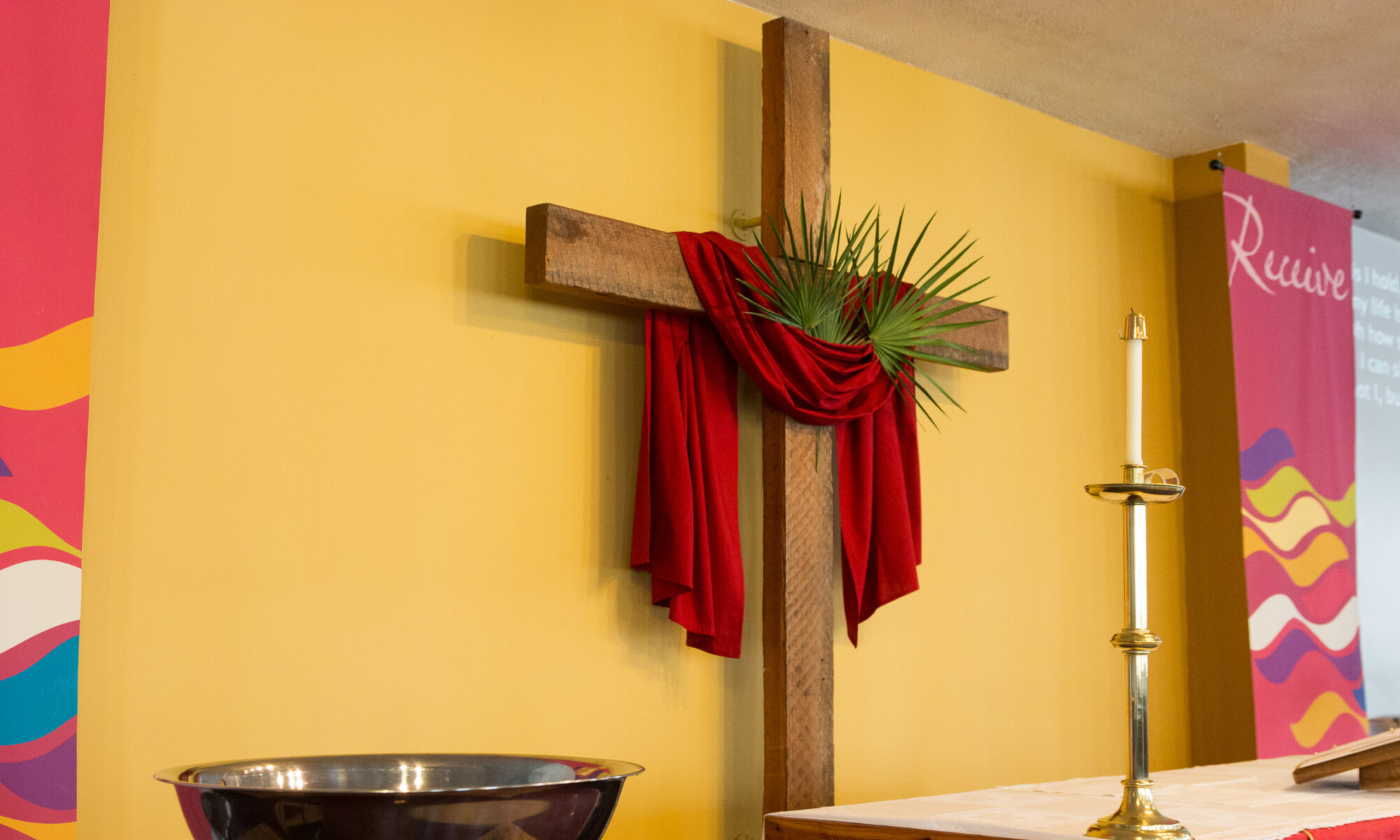A Reflection on the Daily Office Readings
The Rev. Dr. Brian Campbell
Wednesday, September 7, 2016
“(Paul and Barnabas) returned to Lystra and to Iconium and to Antioch, strengthening the souls of the disciples, encouraging them to continue in the faith, and saying that through many tribulations we must enter the kingdom of God.“
(Acts 14.21-22)
Read that text slowly once more. Be honest, don’t you love the ‘strengthening the souls” and “encouraging in the faith” part, but are a little leery about the ‘many tribulations’ statement! It just doesn’t sound like good news to us. But here’s the thing: It did to them!
The folks in Antioch (of Pisidia), of Iconium, and especially of Lystra, who had responded by faith to the call of God through the preaching of Paul and Barnabas, knew that the ‘many tribulations’ were not something to be feared but to be embraced. And the reason they knew this was because they saw the evidence first hand in the scars on the body of Paul.
Remember the story we have been reading in the Daily Office: Paul and Barnabas have been consecrated by the Church in Antioch to take the gospel to the Gentiles of Asia. At every stop on their preaching tour they experienced both great success and great opposition:
- At Antioch of Pisidia, though they attracted the entire city to the synagogue to hear Paul preach, the Jews incited the leaders of the city to ‘stir up persecution against them, and drove them out of their district.’ (13:50)
- At Iconium, despite great numbers coming to faith, ‘but the unbelieving Jews stirred up the Gentiles and poisoned their minds against them…. (ending with) an attempt..to mistreat them and to stone them.’ (14:2,5)
- At Lystra, what the unbelievers could not do in Iconium, they succeeded in doing in Lystra—‘they stoned Paul and dragged him out of the city, supposing that he was dead.” (14:19) And this only days after they had declared he and Barnabas to be the incarnation of Zeus and Hermes!
And how did Paul and Barnabas respond to this abuse? They went on to Derbe and preached the gospel there, and then ‘returned to Lystra and to Iconium and to Antioch, strengthening the souls of the disciples, encouraging them to continue in the faith, and saying that through many tribulations we must enter the kingdom of God.” Their ‘many tribulations’ could not deter them from fulfilling their calling! And the disciples knew that, received that, and embraced that for themselves.
How can this be? What is it that would enable Paul not only to endure such suffering but to return to the place of that suffering? What did he know that we need to know, so that we too can ‘enter the kingdom’ come what may?
The answer, as seen in the text of Acts, is this: They were absolutely convinced that God had raised Jesus from the dead; thereby declaring him to be both “Lord and Christ” (2:42). Not only this, but God had exalted him to his right hand (7:56), and had thereby “appointed him” to be the One “to judge the world in righteousness” (17:31). In other words, they were utterly convinced that through his death, resurrection and ascension, that Jesus had been declared the Last Adam, the One who would give birth to a New Humanity, who themselves would be enabled to inherit and inhabit God’s New Creation.
They were so convinced of the reality and the meaning of the resurrection, that they could easily understand the ‘many tribulations’ as ‘birth pangs’ of the New Creation; and thus were enabled to embrace them without fear.
Paul and those first disciples were so convinced.
Are we?

